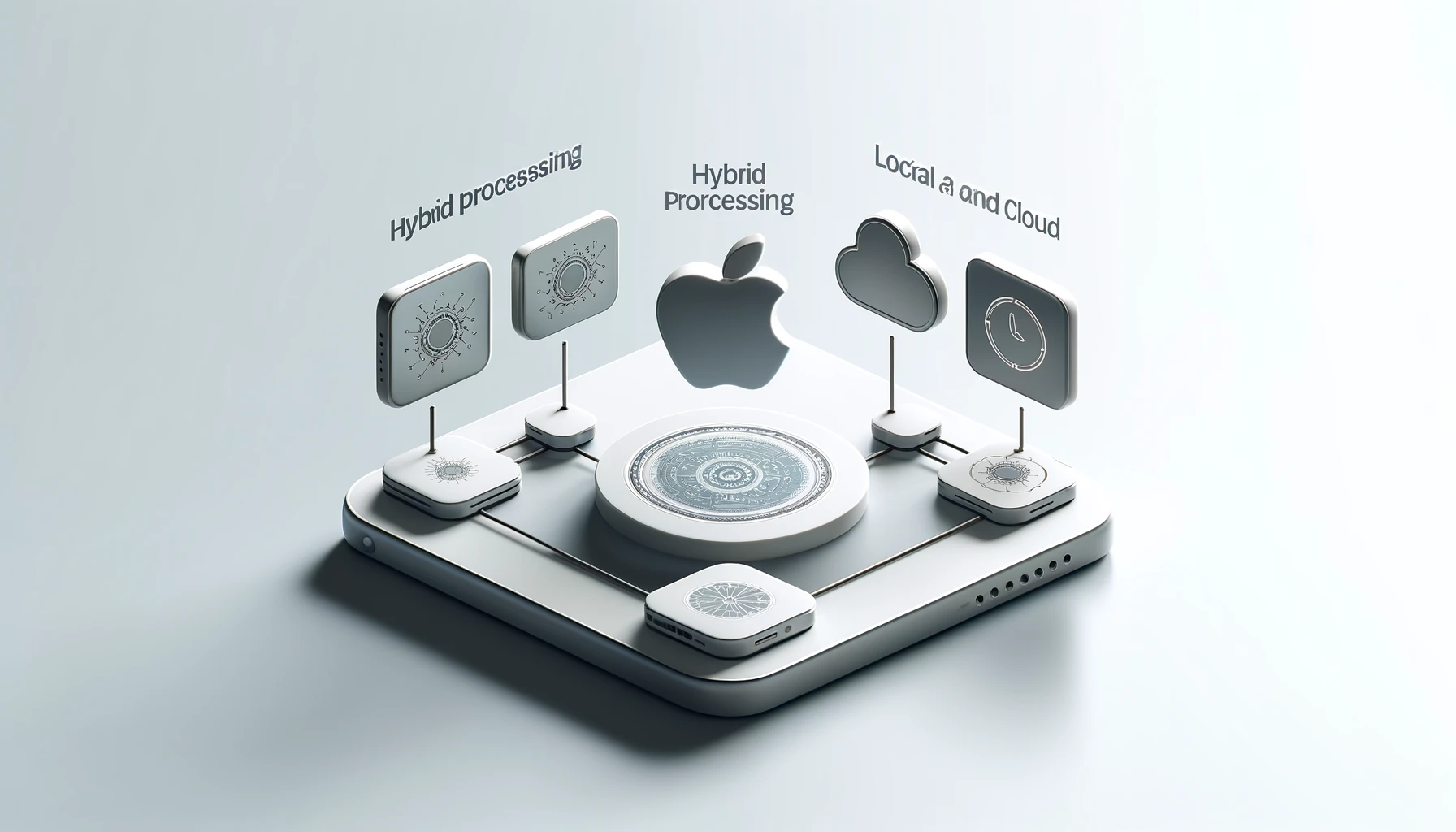Apple is poised to make a significant leap into the generative AI space at its upcoming Worldwide Developers Conference (WWDC). Scheduled for next week, the tech giant’s anticipated announcement revolves around “Apple Intelligence,” a new AI initiative that promises to enhance the functionality of its products. However, according to recent reports, the standard iPhone 15 may not support this new feature, leaving many users wondering about the future compatibility of their devices.
Apple’s Next Big AI Move
At Monday’s 10 a.m. PT keynote, Apple is expected to reveal Apple Intelligence, a suite of generative AI tools developed in partnership with OpenAI. This initiative aims to enhance existing applications across Apple’s ecosystem, bringing advanced AI capabilities to iPhones, iPads, and Macs. Notably, the AI system will debut as an opt-in beta, a familiar approach Apple uses for its developer-focused updates post-WWDC.
The new AI features are set to integrate deeply with Apple’s existing software, enhancing Siri’s capabilities and adding new functionalities like page summarizations in Safari and notification summaries. The updates to Siri, for instance, will include advanced photo editing via voice commands, representing a significant step forward in AI-driven personal assistance.
Device Compatibility and Limitations
Despite the excitement surrounding Apple Intelligence, Bloomberg reports that the new AI system may not be compatible with the standard iPhone 15. Instead, it will run on a limited number of older devices, including iPads and Macs equipped with M1 chips or higher, and the iPhone 15 Pro. This selective compatibility could leave many iPhone 15 users without access to the new AI features, raising concerns about the accessibility and inclusivity of Apple’s latest advancements.
The AI system will operate through a mix of local and cloud-based processing, balancing on-device efficiency with the computational power of cloud servers. This hybrid approach allows Apple Intelligence to handle complex tasks without overburdening the device’s hardware, a crucial consideration given the diverse range of supported devices.
Enhancing User Experience
Apple’s focus with Apple Intelligence seems to be on enhancing user experience rather than introducing flashy, standalone AI applications. By integrating AI into its existing ecosystem, Apple aims to make its operating system more intuitive and user-friendly. Features like enhanced Siri capabilities and smarter notification summaries are designed to streamline user interactions and improve overall device usability.
My Perspective on Apple’s AI Strategy
From my point of view, Apple’s strategic move into generative AI with Apple Intelligence underscores the company’s commitment to innovation and user experience. However, the decision to limit compatibility to certain devices, excluding the standard iPhone 15, could be a double-edged sword.
Pros:
- Advanced Functionality: Apple Intelligence promises to bring cutting-edge AI capabilities to Apple devices, enhancing everyday tasks and making interactions more seamless.
- Integration with Existing Ecosystem: By focusing on bolstering existing applications, Apple is ensuring that AI enhances rather than disrupts user experience.
Cons:
- Limited Compatibility: The exclusion of the standard iPhone 15 could frustrate users who expect their new devices to support the latest features. This decision may lead to criticism regarding accessibility and the equitable distribution of new technology.
- Dependence on Cloud Processing: While the hybrid processing model balances local and cloud resources, it also introduces potential privacy concerns and reliance on internet connectivity.
As I see it, Apple Intelligence has the potential to set a new standard in AI integration within consumer electronics. However, Apple must address the compatibility issues and ensure that a broader range of users can benefit from these advancements. Balancing innovation with inclusivity will be key to the success of Apple’s foray into generative AI.






